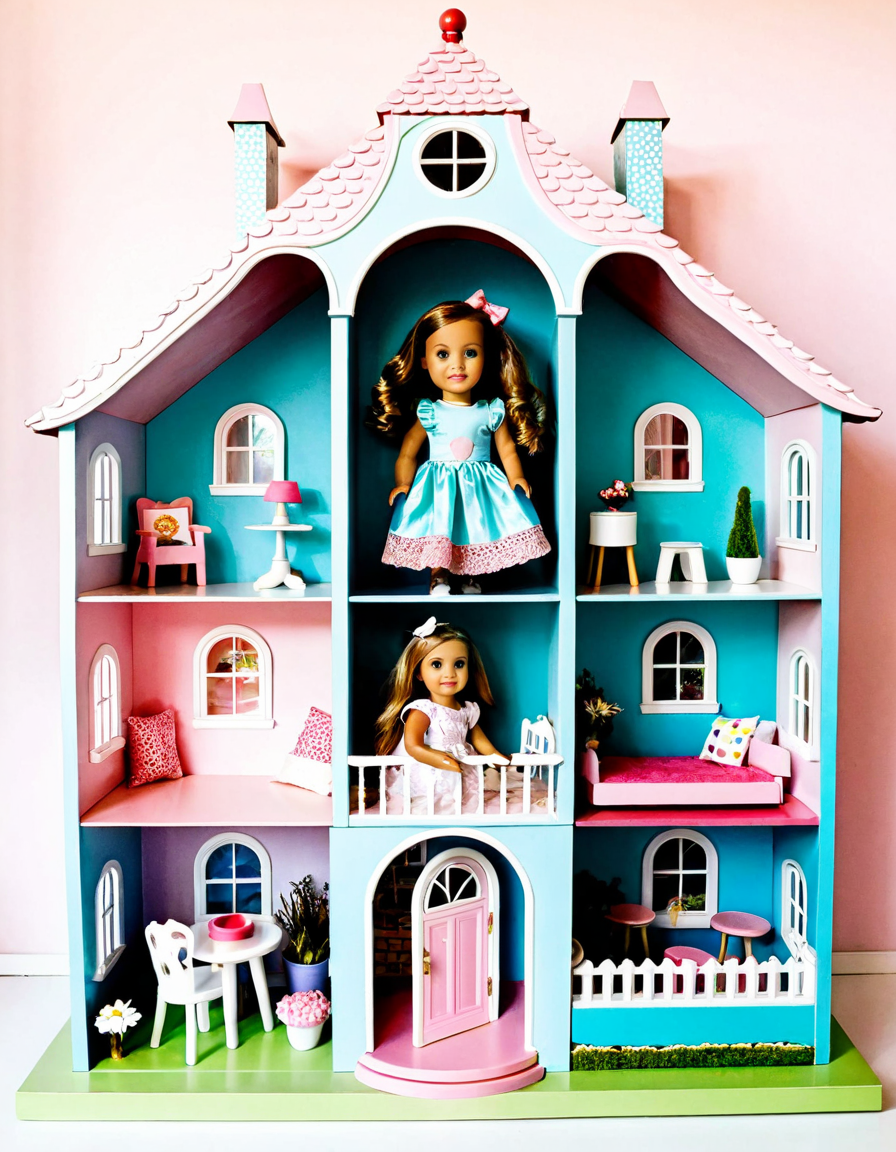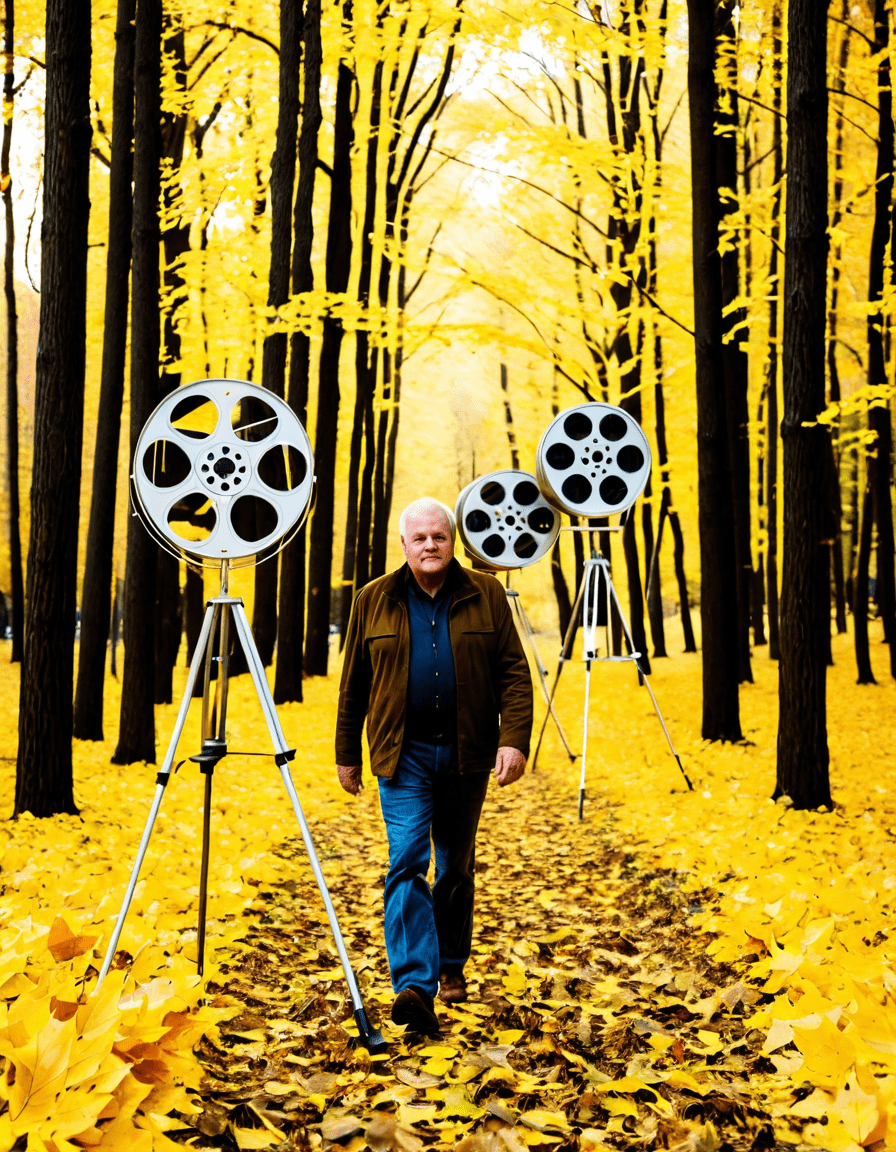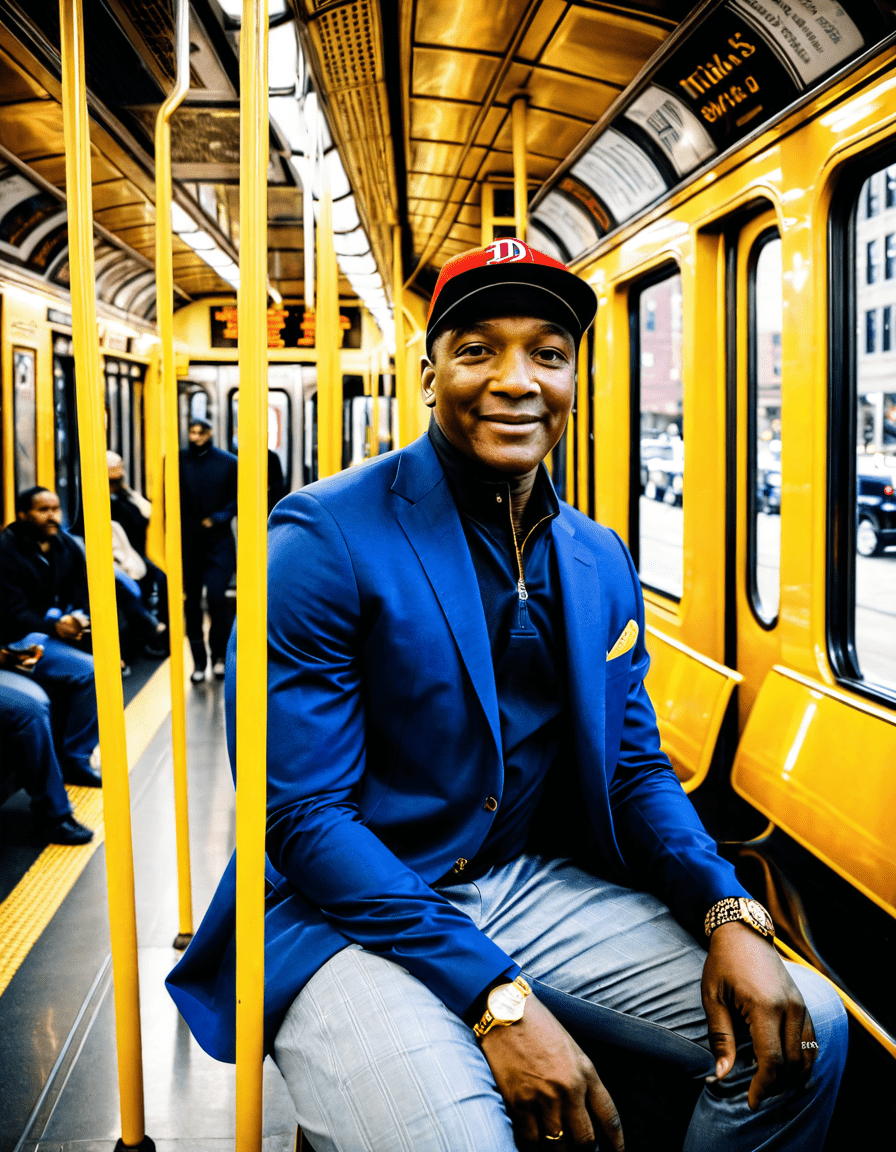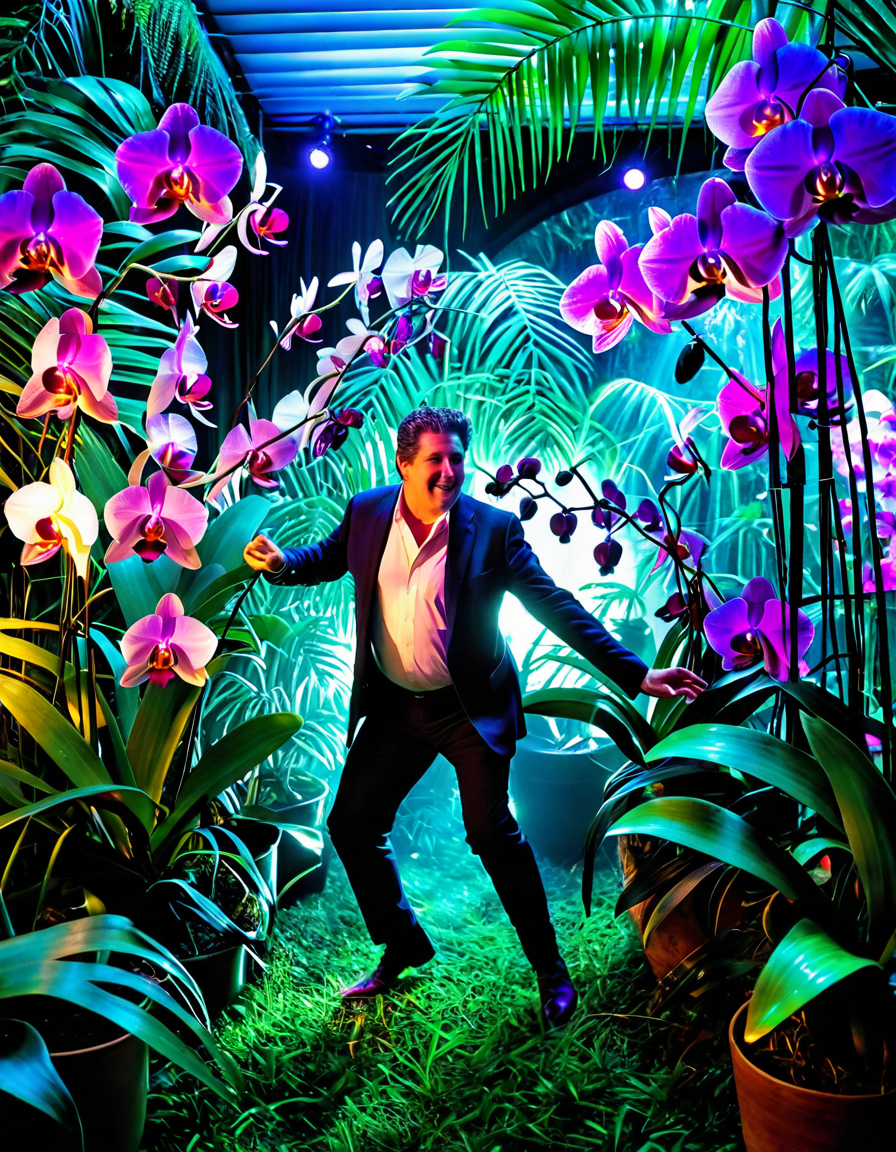Unlock the Secret of Russian Greetings: Learning How to Say Hello in Russian
Bonjour, hola, konnichiwa… the list can go on, but there’s something riveting about Russian – a language that rolls off your tongue with a mysterious allure, earmarking you as a traveler with tales to tell. For those jetting off to the vast, culturally rich landscapes of Russia, knowing how to say hello in Russian can be the golden key that unlocks genuine interactions and heartfelt welcomes.
The Importance of Greetings in Russian Culture
Imagine strolling through the opulent corridors of the Hermitage or finding yourself in the heart of Moscow’s GUM department store; a greeting can be the brushstroke that paints your entry into the grand canvas of Russian society. Greeting someone with an authentic “hello” demonstrates respect and an eagerness to engage with the local culture on a deeper level.
In Russia, greetings extend beyond mere words. They are a testament to one’s etiquette and understanding of the nuances of social hierarchy. Each “hello” is laced with indications of familiarity, respect, and politeness. Nailing the pronunciation and intonation is the cherry on top of your fluent greeting – it’s like donning the right spring Dresses for an occasion; it just feels apt.

| Greeting Type | Russian Phrase | Pronunciation | English Equivalent | Level of Formality | Appropriate Context & Response |
|---|---|---|---|---|---|
| Casual | Привет | Privet | Hi / Hey | Informal | Friends, acquaintances. Response: Привет! |
| Polite | Здравствуйте | Zdravstvuyte | Hello | Formal | Adults, strangers, in formal situations. Response: Здравствуйте! |
| Friendly | Приветик | Privetik | Hi there / Hey | Informal, friendly | Close friends, often younger people. Response: Привет! |
| Morning Greeting | Доброе утро | Dobroye utro | Good morning | Formal/Informal | Morning greetings. Response: Доброе утро! |
| Daytime Greeting | Добрый день | Dobry den | Good afternoon | Formal/Informal | Daytime greetings. Response: Добрый день! |
| Evening Greeting | Добрый вечер | Dobry vecher | Good evening | Formal/Informal | Evening greetings. Response: Добрый вечер! |
| Farewell | До свидания | Do svidaniya | Goodbye | Formal | Parting phrase, all contexts. Response: До свидания! |
| Safe Journeys | Счастливого пути | Sсhastlivogo puti | Have a safe trip | Formal | Wishing someone safe travels. No direct response. |
| Informal Farewell | Пока | Poka | Bye | Informal | Friends, peers. Response: Пока! |
| Nighttime Farewell | Спокойной ночи | Spokoynoy nochi | Good night | Formal/Informal | Before going to sleep. Response: Спокойной ночи! |
Basic Russian Greetings and When to Use Them
Dive headfirst into the simple yet captivating world of Russian greetings. The unmistakable “Привет” (Privet) is your informal hello, akin to a casual nudge among friends. It’s as universally friendly as the middle part in fashion: understated yet always fitting. But it’s crucial to remember that privet does not imply over-familiarity – it merely signifies friendliness.
Elevate your formality with “Здравствуйте” (Zdravstvujte), the respectful counterpart to privet, appropriate when addressing business colleagues or the elderly. Meanwhile, the sun-kissed chant of “Доброе утро” (Dobroe utro) is your good morning, perfect for greeting someone after a rejuvenating stay at one of Lake Michigan’s beaches. These greetings find their place among friends, colleagues, and pleasant strangers you encounter on your travels.
The Art of Pronouncing Russian Greetings
Pronunciation can be tricky, and Russian is no exception. Imagine striving for harmony yet ending up accidentally composing a discordant melody akin to a “ Murder-suicide in linguistics. To avoid this, here’s a phonetic breakdown:
Audio examples dotted across language learning platforms can be helpful collaborators. Take time to listen and repeat, shaping your tongue and vocal cords to the language’s unique symphony. Remember, even an oath delivered in honeyed tones may soothe a heart like an Erykah Badu tour delights the soul.

Beyond Hello: Variations of Russian Greetings for Different Contexts
Greetings in Russian are a colorful tapestry; they adapt and evolve with context. Offer a cheerful “С добрым утром весной” (S dobrym utrom vesnoy) — a good spring morning, to echo the freshness of the season. Acknowledge the passage of time with a time-specific greeting, whether it’s late night or early afternoon.
In a professional setting, your greeting serves as a brief but impactful synopsis, summarizing a chapter of your character within seconds. It sets the stage much like an opening act, hinting at the performance to follow.
The Role of Body Language and Nonverbal Cues in Russian Hellos
The dance of Russian greetings isn’t just vocal—it’s a full-bodied experience. Extend your hand with confidence, lock eyes as though you’re unveiling the secret location of group Cs next meeting, and smile with the genuineness of a traveler who’s just found their nirvana.
Regional variations abound, from a firm handshake in urban centers to a warm, encompassing embrace in rural homesteads. Intuition and observation are your best guides; notice how locals interact and mirror their warmth or reserve.
Mastering Hello in Russian With Technology Aids
A total exclusion of technology in language acquisition is akin to ignoring a compass on a cross-continental adventure. Leverage apps that slice through pronunciation woes like a sharp keel through calm waters, and websites that allow for interactive communion with native speakers.
These aids are the modern-day Rosetta Stones, decoding the enigma of accents and intonation, and are as essential to your linguistic toolkit as a trusted guidebook is to understanding the cultural significance of Hitler in Paris.
How to Say Hello in Russian Like a Native: Insights from Locals
To pivot from the purgatory of mispronunciation to the nirvana of native inflection, seek wisdom from locals. The color of their insights paints the “hello” in hues you can’t acquire from textbooks. They’ll share anecdotes about charming foreigner faux pas with a twinkle reminiscent of the stars over Lake Michigan Beaches. Their do’s and don’ts are a treasured map to the holy grail of authenticity.
Say Hello to Russian Culture: Integrating Greetings into Cultural Practice
At the crossroads of Russian greetings and cultural events, you’ll find a bazaar of varied phrases that suit occasions from tea ceremonies to grand feasts. Russian hospitality unfurls through these greetings, beckoning travelers into the warmth of its hearth.
Make it your goal to impress, to connect, and to reflect a well-crafted image through your greeting, much like choosing an impeccable outfit for an anticipated occasion. It’s about creating bonds and stitching the fabric of genuine relationships in this culturally splendid tapestry.
Immersive Experiences: Learning How to Say Hello in Russian While Traveling
Wade into the language stream through immersive travel experiences. Navigate the Trans-Siberian Railway or the historic streets of St. Petersburg and gather hellos in your linguistic bouquet as you would collect stories of How high climbers reach the peak of Russia’s Mount Elbrus.
Language etiquette in various regions can differ as dramatically as the climates of Siberia and Sochi. As travelers share, their adventures become a library of living anecdotes, an archive of the do’s and don’ts when bobbing in the vibrant current of Russian social interaction.
Hello in Russian in Popular Culture: Examples from Films and Music
Mainstream films and chart-topping Russian tracks often display greetings as cultural artifacts, offering a lens into the soul of society. They convey the subtleties of “hello” much like a well-executed middle part can express the zeitgeist of an era.
Absorbing these nuances from pop culture can be as enlightening as the first-hand experience, for often, art imitates life, and life imitates art, each informing the other in a symbiotic waltz of cultural understanding.
Conclusion: The Journey to Greeting Fluency in Russian
To master how to say hello in Russian is to hold a key to the nation’s heart. With every correct pronunciation, every contextually apt phrase, you’ll weave yourself deeper into the cultural fabric. Carry your newfound skills with pride; practice them as you would cherish memories of spring dresses in bloom or the intellectual stimulation of a “hitler in paris” discussion.
Keep your ear tuned to the melodies of Russian greetings, and let each “hello” be an overture to your grand travel saga. Go forth, intrepid traveler, and greet with gusto. For as you echo the hellos of the nation, you reflect the very soul of the wanderer: always curious, always learning, forever seeking the pulse of human connection across the depths of distant lands.
Master How to Say Hello in Russian
Well, buckle up, comrades! We’re about to embark on a linguistic adventure to master the art of the Russian greeting. Ever find yourself lost in the sprawling streets of Moscow or daydreaming in the charming alleys of St. Petersburg? Here’s a fun fact to get us started: While Russians are known for their, shall we say, “stoic” demeanor, they’re actually quite fond of a warm greeting! And, believe it or not, “Привет” (Privet), the casual “hi” in Russian, is as much of a golden key to their hearts as a good shot of vodka.
Now, let’s crank it up a notch. Ready? When formal occasions whisper your name, or you simply want to impress, roll out the red carpet for “Здравствуйте” (Zdravstvuyte). Fancy, huh? This is the go-to for “hello” in professional settings or when addressing someone you don’t know well. And here’s a quirky addition for your cultural knapsack: the Russian language has a T-V distinction, differentiating between informal and formal second-person pronouns, which adds an extra layer of respect to your greeting.
Segueing into more tantalizing trivia, did you know that “Привет” is a close cousin to “приветствие” (privetstvie), which means welcome? Ain’t that a hoot? And if you’re feeling adventurous and want to splash a bit of local flavor to your “hello,” why not give “Здорово” (Zdorovo), a colloquial “hey there,” a whirl? But, hold your horses, this one’s best used among friends or folks your age.
Okay, before we wrap things up, let’s jazz it up with some linguistic glitter. Russian greetings can be as animated as a matryoshka doll dance-off when you throw in some body language. A solid handshake for the gents and a polite nod for the ladies can make your “Здравствуйте” as Russian as a bear on a unicycle. So, when you visit this enigmatic country, surprise your new pals with a well-practiced “Привет” or “Здравствуйте”—they might just think you’re the bee’s knees!

How do you greet someone in Russian?
How do you greet someone in Russian?
Well, if you find yourself in Russia, don’t be shy—just flash a smile and say “privet”! This laid-back “hello” is perfect for bumping into friends or even making new ones. Remember, it’s casual, so save it for folks you’re chummy with, not your boss!
Is it Privyet or Privet?
Is it Privyet or Privet?
Ah, the old spelling bee stumper! Go with “privet” – that’s the ticket for an informal “hello” in Russian. Stick to this spelling and you’ll fit right in with the locals, no sweat.
How do you respond to privet?
How do you respond to privet?
So someone hit you with a “privet,” huh? Just toss one right back at ’em! It’s as easy as replying “hey” when someone says “hi” in English. Or shake things up and reply with another chill Russian greeting—keep it cool, keep it friendly!
Do Russians say Salam?
Do Russians say Salam?
Hold your horses there! “Salam” might be a popular greeting in some places, but it’s not a go-to in Russia—they’ve got their own cool ways to say hello.
What is the most common Russian greeting?
What is the most common Russian greeting?
Drum roll, please… “Privet” takes the cake when it comes to casual Russian hellos. Think of it as the “hey there” of the Russian-speaking world—snappy, simple, and oh-so-common.
What does privyet mean?
What does privyet mean?
Oops, looks like a typo’s making waves! The word you’re searching for is “privet,” which is the Russian “hey” perfect for laid-back hellos. Stick with this spelling and you’re golden.
What does Paka Paka mean in Russian?
What does Paka Paka mean in Russian?
Catch you later, alligator! “Paka paka” is the Russian way of saying a snappy, informal “bye-bye”—great for when you’re splitting from pals and wanna keep it breezy.
Does dah mean yes in Russian?
Does dah mean yes in Russian?
You betcha! “Dah” is the Russian nod for “yes.” Whip this out for an unequivocal yep that’s as clear as vodka.
What is Spasiba?
What is Spasiba?
Gratitude’s the attitude with “spasiba”! It’s your go-to Russian “thanks” to sprinkle a little politeness everywhere you go. Say it like you mean it, and you’ll warm some Russian hearts for sure!
How do you say no in Russia?
How do you say no in Russia?
Wanna say “no way, José” in Russian? Just say “nyet” and you’re all set. Firm and to the point, it gets the message across without mincing words.
What does no Privyet mean?
What does no Privyet mean?
Hang on, that’s a no-no—mixing “no” and “privet” is like oil and water! Use “privet” solo for hellos, and keep “no” in the cooler for when you need a straight-up negation.
How do you say good day in Russian?
How do you say good day in Russian?
Aiming to impress? Slinging a smooth “dobryy den'” will land you a classy “good day” in Russian—perfect for tipping your hat to someone with a dash of tradition.
How do Russians greet strangers?
How do Russians greet strangers?
When in doubt, formal’s what it’s about! Go with “zdravstvuyte” for a respectful “hello” that’s just right for those you’ve never met. It’s like a verbal handshake—polite and proper.
How do you greet a Russian girl?
How do you greet a Russian girl?
Catching a Russian girl’s eye? Keep it classy: use “zdravstvuyte” for respectful formality or “privet” if you’re on familiar turf. Just match the vibe and the level of closeness—easy peasy!
Do Russians say Chow?
Do Russians say Chow?
Nah, “chow” is not the Russian chew—it’s an Italian goodbye. Stick to “paka” when you’re leaving your Russian comrades, and you won’t stir up any alphabet soup.
How do you formally address someone in Russian?
How do you formally address someone in Russian?
When formality’s the name of the game, it’s title and surname for the win! Launch with “gospodin” for “Mr.” or “gospozha” for “Mrs.,” followed by their last name—it’s as respectful as a salute!
How do you say basic Russian phrases?
How do you say basic Russian phrases?
Wanna get basics down pat in Russian? Start with hellos like “privet,” thanks like “spasiba,” and goodbyes like “do svidaniya.” Round it off with “dah” for yes and “nyet” for no—now you’re cooking with gas!
How do you start a conversation in Russia?
How do you start a conversation in Russia?
Kick things off with “privet” or “zdravstvuyte” to break the ice, followed by “kak dela?” to ask “how’s it going?” It’s chit-chat 101—Russian style!
What is the meaning of Dosvedanya?
What is the meaning of Dosvedanya?
Time to say adios? “Do svidaniya” is your Russian farewell that’s more formal than “paka paka.” It’s perfect for parting ways with a touch of class—until you meet again!





















